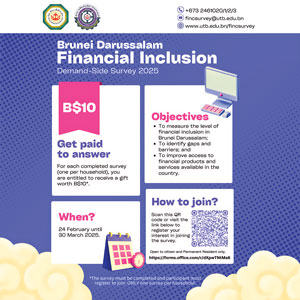ANN/THE KOREA HERALD – As Apple Pay, currently available exclusively through Hyundai Card in South Korea, prepares to expand its reach, the head of the country’s top financial regulator emphasised that the burden of payment commission fees should not fall on consumers.
“The authorities cannot intervene in how Apple and card issuers determine payment commissions. However, shifting the burden onto stores and consumers would be inappropriate,” South Korean Financial Services Commission Chair Kim Byoung-hwan said yesterday at a monthly press briefing at the Government Complex Seoul.
“Apple Pay was introduced in Korea in 2023 because it is widely used globally, and iPhone users had complained of inconveniences due to its absence,” Kim added.
Apple Pay entered the Korean market through Hyundai Card, a credit card issuer under Hyundai Motor Group. Nearly two years since its launch, Apple is now in discussions with other major Korean card issuers, including Shinhan Card and KB Kookmin Card, to expand its service.
“Recently, more card issuers have expressed interest in offering Apple Pay. While regulatory intervention is limited, our priority remains consumer protection,” Kim said.
Apple reportedly charges a 0.15 per cent transaction fee per payment in Korea. By contrast, Samsung Pay currently does not impose any fees on card issuers. The anticipated expansion of Apple Pay has sparked concerns that Samsung Electronics may introduce fees for its digital wallet service as well.
“So far, Apple Pay’s market share has been relatively small. However, we will monitor its expansion and consider intervention if necessary,” Kim stated.
Meanwhile, South Korea is set to resume short selling on March 31, marking the first time in five years that the ban will be lifted for all publicly traded companies.
South Korea banned short selling in March 2020 due to market instability during the COVID-19 pandemic. The ban was partially lifted in May 2021, but in November 2023, the government reinstated a full suspension after discovering a series of naked short-selling violations involving global investment banks.
“(The partial resumption in 2021) was limited to stocks with high trading volumes and those frequently traded by foreign investors,” Kim explained.
“This time, the authorities have spent over a year refining the system to prevent unfair trading. It was difficult to justify resuming short selling for only certain stocks while maintaining the ban on others,” he added.
Kim also emphasised the importance of market credibility, noting that global financial institutions, including Morgan Stanley Capital International and the FTSE Russell Group, had raised concerns over Korea’s ban on short selling.







